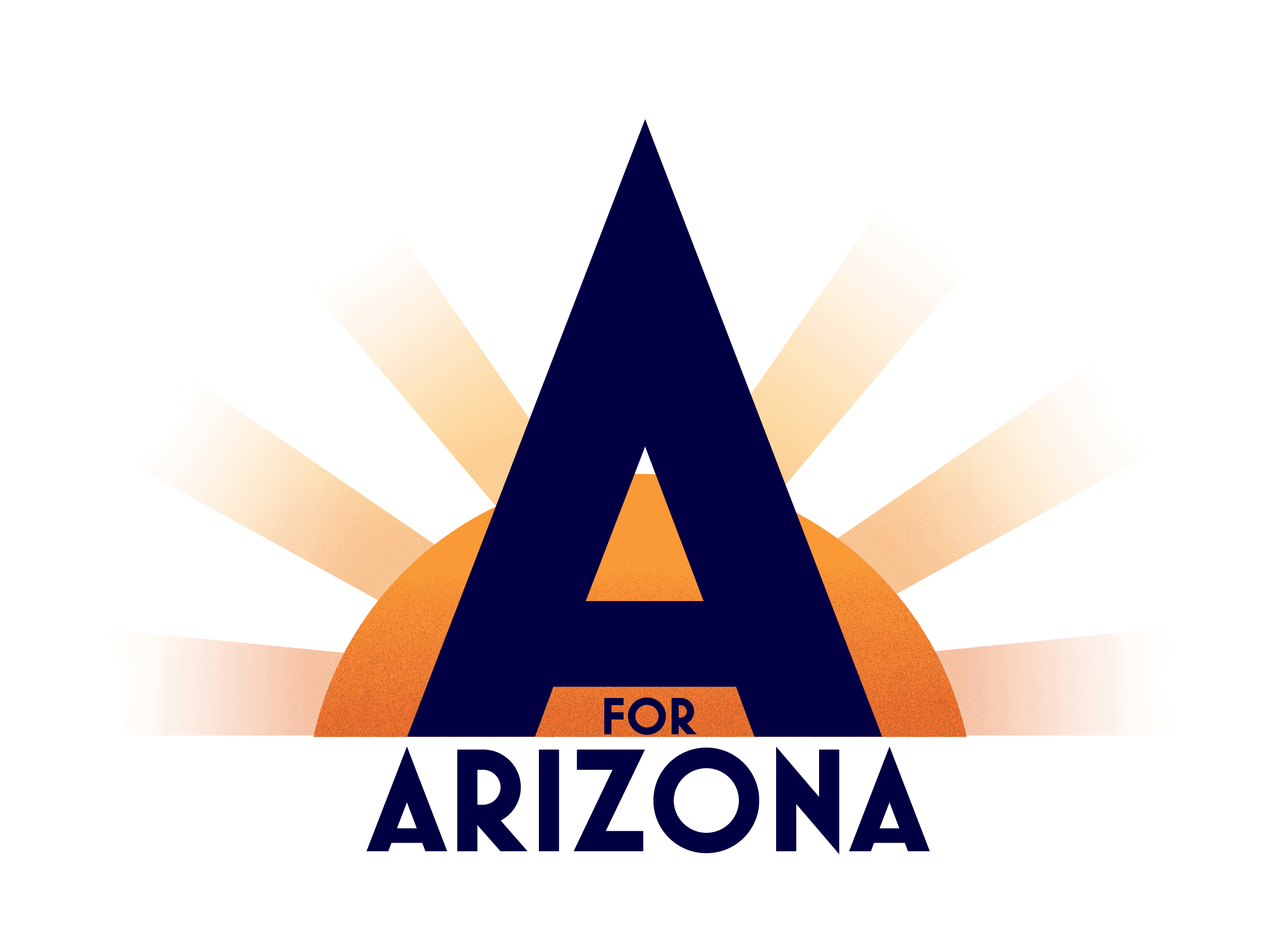Fighting for an excellent education for all is my generation’s social justice movement. For many children, a bright future hinges on the ability to access a quality education. As a teacher, I’m proud to have played a role in making futures brighter for the students in my classroom.
As a former middle school teacher in a low-income school in Central Phoenix, I can firmly state that I have never had, nor will I ever have, a job that is more difficult and rewarding. Although my job title was “teacher,” it encompassed so much more. I served as a coach, tutor, mentor, friend, colleague, leader, disciplinarian, dream-maker, guidance counselor, nurse, and motivator every day.
The Achievement Gap was alive and rampant in the middle school where I taught and it was my responsibility to narrow it as much as possible in just 180 school days. I did whatever it took for my students to excel, including Saturday School, before and after school tutoring, working with students on fall and spring break, giving up my lunch and prep times to catch students up, and teaching summer school. I did all of these things, no questions asked, even if it meant no overtime pay.
I am often asked “Was it worth it?”
100 percent. There is nothing more rewarding than hearing from my former students who have defied all expectations and odds. Many are doing what no one expected – attending colleges and universities, and many on full-ride scholarships. This is why teachers do what we do.
Today, in my role as Program Director at A for Arizona, I observe this same relentless work ethic in all of our partner schools. Maintaining high expectations isn’t just a buzzword phrase; it requires more work, resources, and less sleep on the part of the teacher when students come from a low socioeconomic background. It requires early days, late nights, and whatever it takes to get results.
Let’s be clear – it is entirely possible for every student to achieve and great teachers are making it happen all over the state. But it doesn’t just happen, especially in low-income schools, without a serious school commitment. It requires targeted and intentional decisions, rigorous lesson plans, intervention when necessary, and enrichment material to make the same gains as peers in wealthier neighboring schools. As it stands, this extra effort is often missionary work that many teachers are selflessly willing to do to give our students a fair chance to excel in the game of life.
This week, teachers in Arizona’s top performing, low-income schools have rightfully earned a salute of appreciation for putting Arizona on the map as one of the top academic gaining states in the nation and into the top-tier of states closing the Achievement Gap. Thank you for all that you give, day in and day out, to better our next generation.

